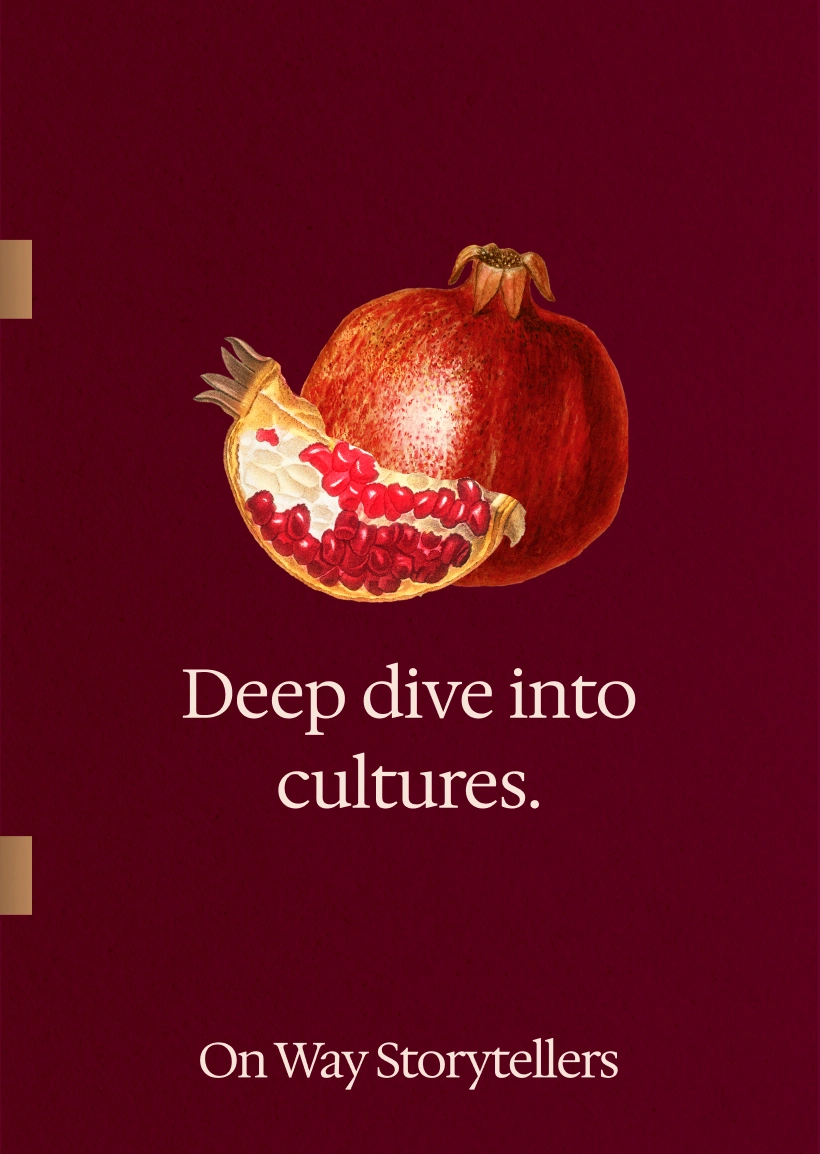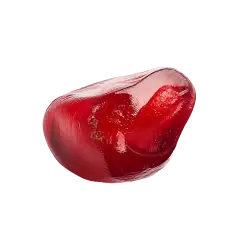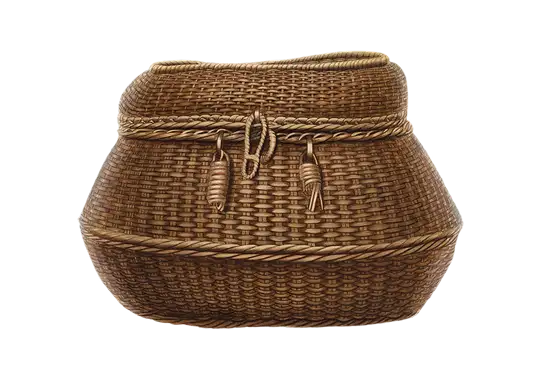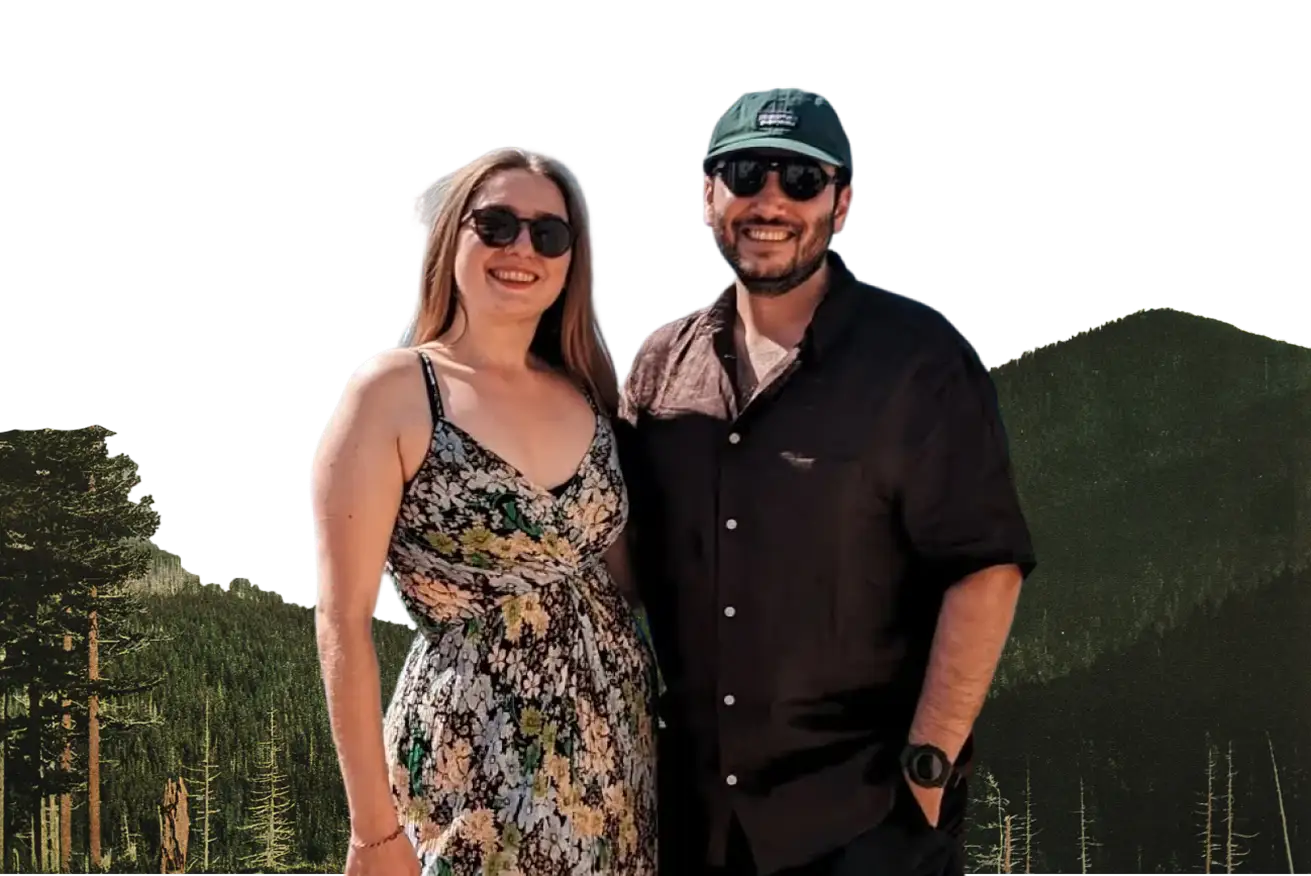In our modern world, we are conditioned to value answers. From our earliest school days, we are trained to memorize facts for the test. In our professional lives, we are rewarded for having the solution, for presenting polished conclusions, for being the "expert" in the room.
The unintended consequence of this conditioning is that we have allowed our most powerful tool for genuine understanding to atrophy: the "curiosity muscle."
We've been taught to fear the vulnerability of not knowing. We hesitate to ask the "simple" or "naive" question for fear of looking unintelligent. This keeps us on the surface, passively consuming information that others have packaged for us, rather than actively forging our own connections. At On Way Storytellers, we believe the opposite is true. We are here to interrupt the belief that expertise is the only key to insight.
We believe asking "naive" questions is a superpower. It is the single most effective act for breaking through complexity and unlocking a deeper, more authentic understanding of the world.
The "expertise trap" vs. the power of inquiry
The dominant cultural narrative suggests that to appreciate art, history, or a complex foreign culture, you need a deep foundation of expert knowledge. This creates an "expertise trap" – a barrier to entry that keeps curious minds at a distance. People feel they don't have the right to engage deeply because they don't have the "right" answers.
This is a profound misunderstanding of how learning works. Answers are endings. Questions are beginnings.
The real work of cultural exploration isn't about knowing everything upfront; it's about having the courage to admit what you don't know and then allowing genuine curiosity to guide your inquiry. A question is a key that turns a locked door. An existing answer is often just a wall.
Our Lived Example: When we first explored the world of Islamic art together, our perspectives were vastly different. Riza had a lifetime of cultural context, while Ola was approaching it as a curious outsider. The most profound moments of shared understanding came not from Riza explaining facts, but from Ola asking the "naive" questions – "But why is geometry so important here? What does this specific color symbolize?" – that forced us both to look deeper than our assumptions.
How to rebuild your curiosity muscle: a framework for asking better questions
Rebuilding this atrophied muscle doesn't require a special degree; it requires a shift in intention and a few simple practices. This is a core part of our "Curious Explorer Toolbox."
1. Start with "but why?": the Five Whys method
When you encounter a fact or an observation (e.g., "This building is from the Ottoman era"), don't stop there. Ask "why?" repeatedly. Why does it look like that? Why was it built then? Why was this material used? Following this chain of inquiry often leads you from a simple fact to the deep economic, political, or philosophical roots of a place.
2. Embrace "I don't know" as a starting point
Consciously give yourself permission to be a beginner. When standing before a complex piece of art, instead of thinking "I don't get it," try thinking, "I don't know the story here yet. What's the first question I could ask to begin unlocking it?" This transforms intimidation into an invitation for discovery.
3. Ask "context" questions, not just "what" Questions
Instead of "What is this?", try asking questions that seek context:
- "What was happening in the world when this was created?"
- "Who was this made for?"
- "What came before this, and what came after?"
These questions move you beyond simple identification and into the rich, interconnected narrative that gives things meaning.
The transformation: from passive consumer to active meaning-maker
When you give yourself permission to ask naive questions, a profound shift occurs. You stop being a passive recipient of pre-packaged information and become an active participant in the creation of your own understanding.
You're no longer just looking for the right answer in a guidebook; you're forging your own connections. The "aha!" moments you experience are not just facts you've been given; they are insights you've earned through your own inquiry. This process builds not just knowledge, but intellectual confidence and a deep, personal relationship with the subject.
The world doesn't need another person who has all the answers. It needs more thoughtful, curious explorers humble enough to ask questions. We believe that rebuilding your curiosity muscle is the most vital act of intellectual self-preservation you can undertake. It is the tool that allows you to connect the dots for yourself and to find profound, resonant meaning in a complex world, one "naive" question at a time.
.svg)





